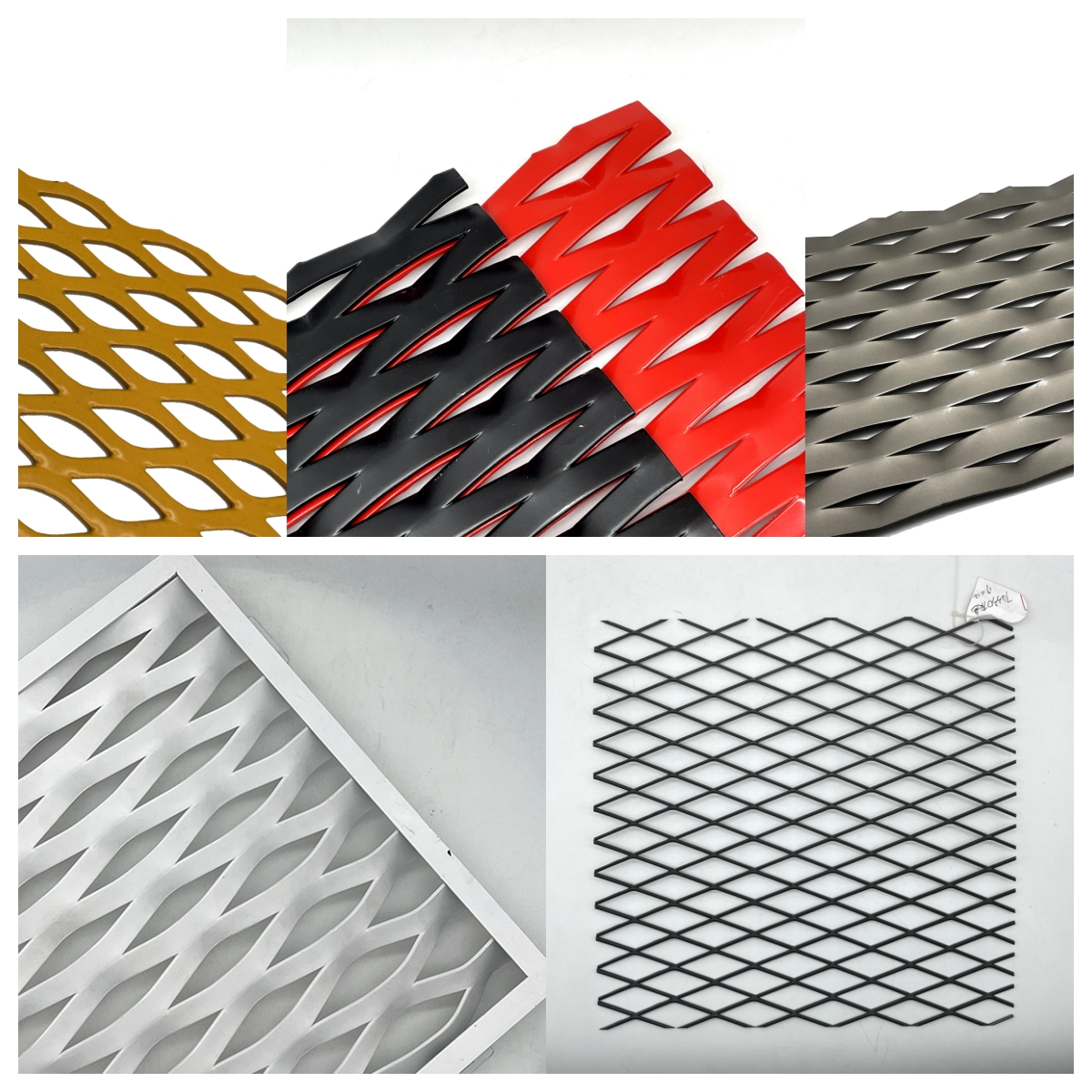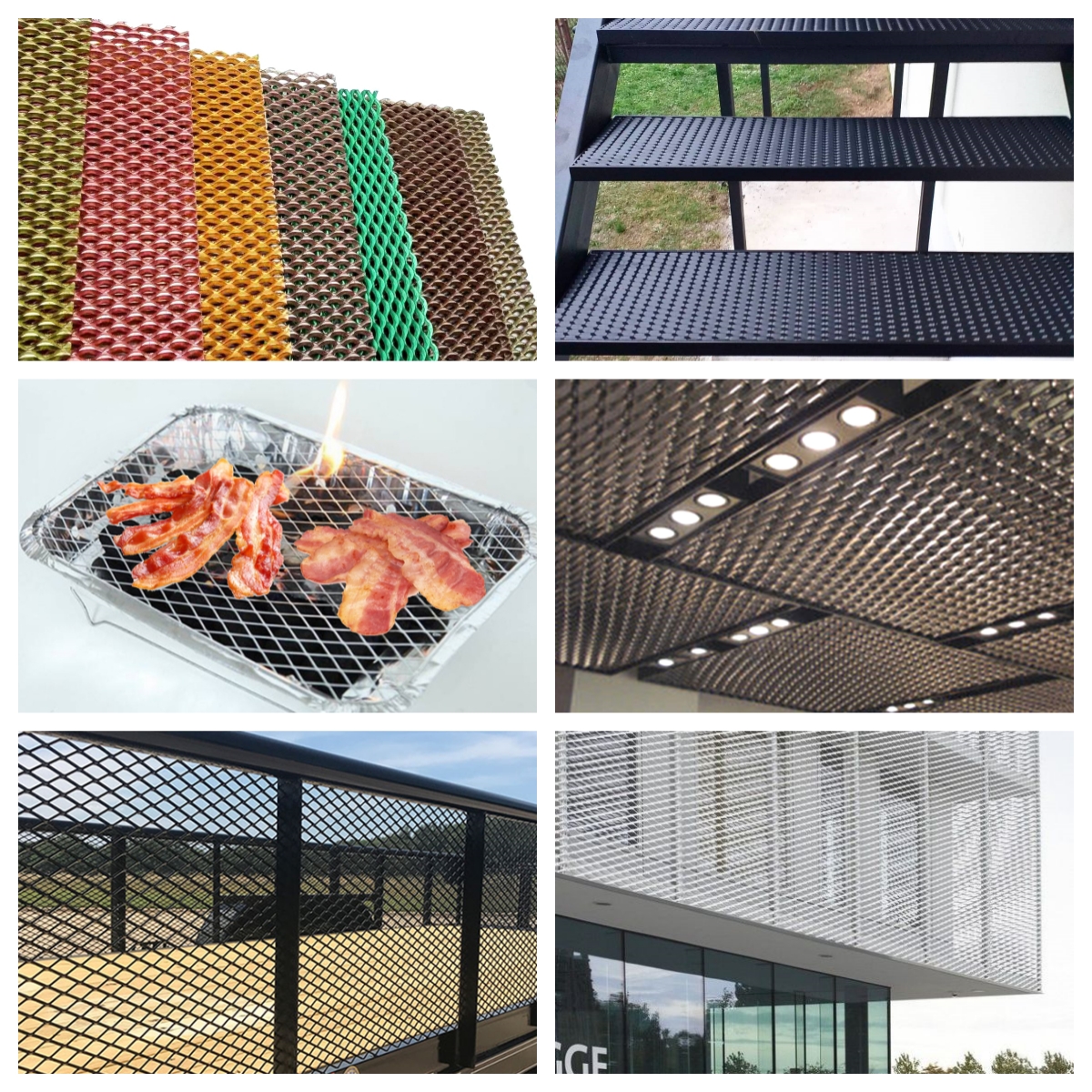Expanded metal mesh is a versatile and widely used material in various industries and applications. It is made by cutting and stretching a metal sheet, creating a pattern of openings to form a mesh-like structure. This mesh has numerous benefits and can be customized to meet specific requirements, making it a popular choice for many applications.
One of the key factors in understanding expanded metal mesh is its specifications. The specifications of expanded metal mesh typically include the metal type, strand width, strand thickness, strand width center, opening size, and overall thickness. These specifications determine the strength, durability, and appearance of the mesh.
Metal type: Expanded metal mesh can be made from a wide range of metals, such as aluminum, stainless steel, carbon steel, and galvanized steel. Each metal type offers different characteristics, such as corrosion resistance, strength, or lightweight properties, making it suitable for specific applications.
Strand width: This specification refers to the measurement of the solid strands that make up the expanded metal mesh. It can vary from small, delicate strands to larger, more robust ones, depending on the intended use.
Strand thickness: The thickness of the strands is another essential specification. Thicker strands provide increased strength and durability, while thinner strands offer greater flexibility and lighter weight.
Strand width center: This specification relates to the measurement between the centers of two adjacent strands. It determines the size of the openings in the expanded metal mesh and influences its appearance and functionality.
Opening size: The opening size refers to the measurement of the gaps between the strands. It can range from small, fine openings to larger, more open ones, depending on the desired level of transparency or airflow.
Overall thickness: This specification measures the thickness of the expanded metal mesh, including the strands and the openings. It determines the weight and durability of the mesh.
Expanded metal mesh is used in a wide range of applications, including screens, grates, fences, walkways, filters, and decorative elements. Its versatility, durability, and customizable specifications make it suitable for various industries, such as construction, architecture, automotive, and manufacturing.
In conclusion, the specifications of expanded metal mesh determine its strength, durability, and functionality. By understanding these specifications, users can choose the right type of expanded metal mesh for their specific application needs. Whether it's for structural support, protective barriers, or decorative purposes, expanded metal mesh offers a reliable and effective solution.


Post time: Oct-13-2023





